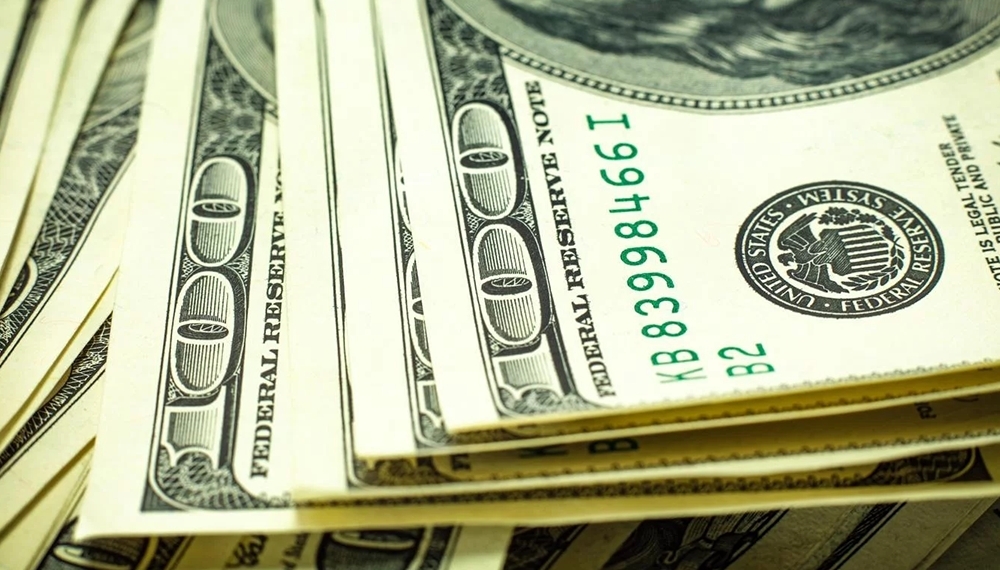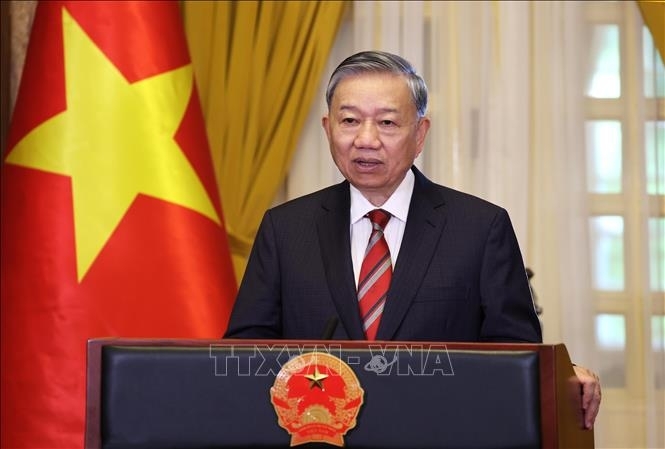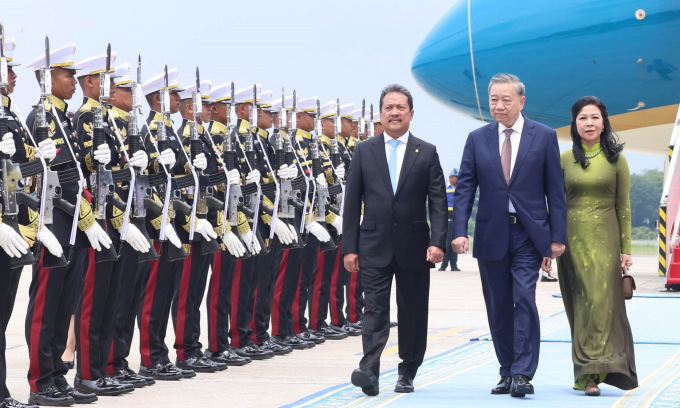Navigating Brazilian Real Exchange Rates for Travelers
Explore the differences between official and blue market Brazilian Real rates to optimize your travel budget and experience in Brazil.
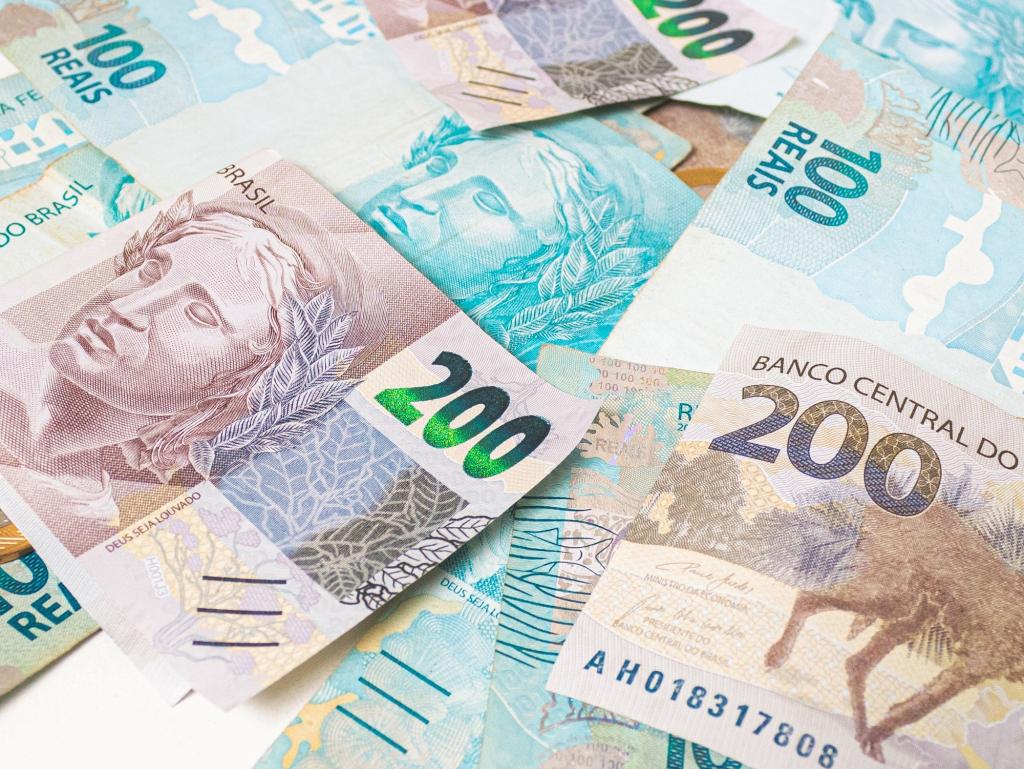
Key Points
- The official exchange rate for the Brazilian Real
differs significantly from the blue market, affecting travel budgets for Argentinians.
- Regulations on foreign currency purchases in Argentina can limit access, making it essential to understand the current rates and policies.
- Staying informed about exchange rates helps travelers make strategic decisions and enhance their financial management while in Brazil.
As the world continues to navigate through economic fluctuations, having a sound understanding of currency exchange rates becomes vital, especially for travelers planning a trip to Brazil. The Brazilian Real (BRL) has become a topic of keen interest for many, particularly among Argentinians who often seek to understand the differences between the official exchange rate and the rates offered in the blue market.
The Current Landscape of Brazilian Real Exchange Rates
As of March 1, 2025, the official rate for the Brazilian Real stands at R$180.70 for purchases and R$180.79 for sales, based on data from the
. In contrast, the blue market—where currency is traded informally—reveals a starkly different picture. The blue rate today is R$199.75 for purchases and R$217.75 for sales, creating a noticeable gap of 9.54% between the two markets.
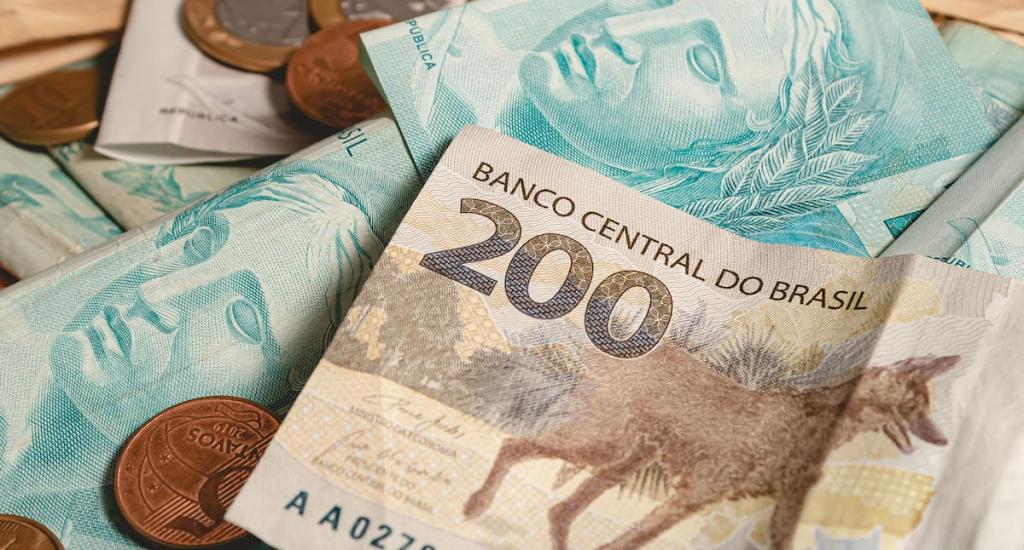
This discrepancy is particularly significant for travelers planning their budgets. For example, if you're traveling with 100 US dollars, you would receive approximately R$605.76 reais in the informal market, based on the current dollar conversion of R$6.06.
Why the Interest in the Brazilian Real?
The Brazilian Real is not only a currency but also a vital asset for many focusing on travel and investment opportunities in Brazil. The demand peaks, particularly towards the end of the year and during the summer season when more Argentinians plan trips to Brazil, thus increasing the focus on understanding the real's value. Therefore, being well-informed about the current exchange rates can significantly impact the quality of one's travel experience.

However, it's important to remember that the purchase of foreign currencies in Argentina is constrained by regulations. The introduction of exchange controls, commonly referred to as the “cepo cambiario”, adds an extra layer of complexity to the process. This policy establishes limits on the amount of foreign currency an individual can purchase, irrespective of the type.
The Blue Market Dynamics
The blue market rate often serves as a barometer of the true value of the currency, particularly when the official exchange rate is artificially low due to economic policies. Travelers and businesses are encouraged to stay abreast of these rates, as they can offer significant savings or expenses, depending on the chosen method of currency exchange.
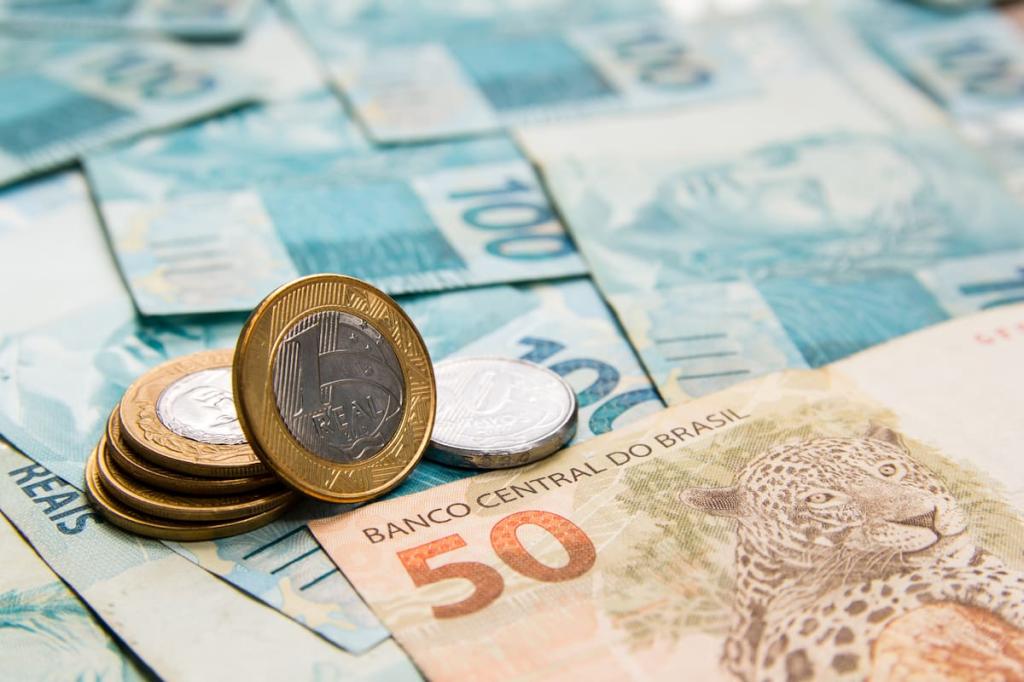
Those who may find themselves unable to purchase foreign currency often include specific demographic groups identified by the Banco Central (BCRA). Therefore, comprehensive knowledge of the regulations is crucial for anyone planning significant transactions or travel activities.
Strategic Planning for Travelers
With fluctuating rates in both official and blue markets, having a clear plan becomes essential. Travelers should consider exchanging a portion of their currency in advance, closely monitor the market rates, and be aware of the legal constraints on their purchases. This practice not only ensures a smoother experience but also allows for better budget management during their stay in Brazil.
In summary, keeping tabs on the exchange rates of the Brazilian Real, both official and those of the blue market, is crucial for informed travel decisions. As exchange rates vary widely, understanding these dynamics can enhance financial decision-making and contribute to a more successful travel experience. By remaining informed and strategic, travelers can navigate the complexities of currency exchange with confidence and ease.
